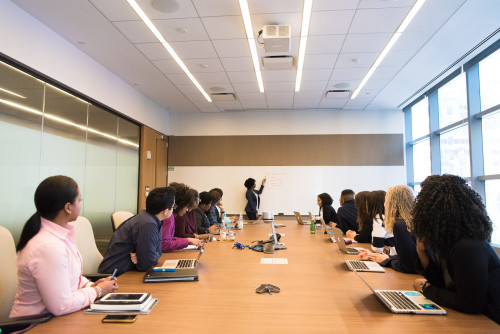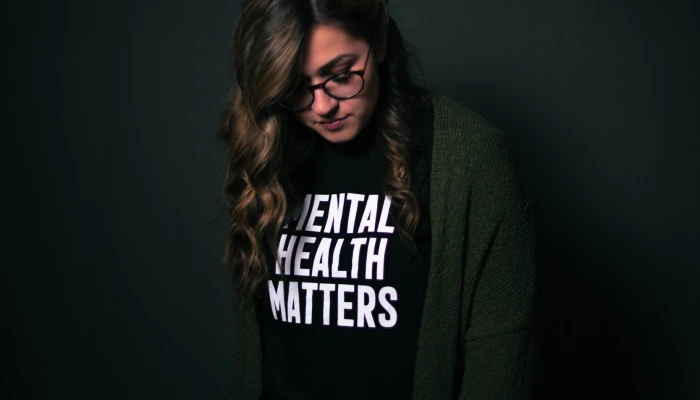Restorative justice for disrespectful behaviours: a psychologist’s perspective
Over the past five plus years, we have seen a monumental shift in how disrespectful behaviours are managed in the workplace. Recent regulatory changes have placed further emphasis on this with organisations across the country now compelled by their positive duty to minimise and address psychosocial hazards at work.
As a psychologist who often works in private practice with clients who have been significantly impacted by disrespectful behaviours experienced at work, I am all for this shift in awareness and motivation to actively promote healthier and safer workplaces. Prevention is better than cure, and we’re already stretched thin enough across the mental health professions.
If we can all agree on prevention being better than cure, then we have two things to do:
- Set in motion preventative measures. For example, recent research revealed that sexual harassment continues to be a significant problem in the workplace, across states and industries. The same research also reveals that this is largely a gendered issue. Therefore, preventive and educational measures which address the inequitable treatment of and beliefs about women have the potential to effectively prevent associated behaviours by addressing the underlying beliefs and attitudes which drive them. Furthermore, the promotion of women to places of leadership and influence is another empirically supported way to address this issue.
- While education about and promotion of equitable opportunities for women is key, we’re not there yet and won’t be anytime soon, I’m afraid. The societal conditioning behind these behaviours is also decades, if not centuries (millennia?) old. The attitudes and behaviours which reinforce the inequities faced by women in the workplace are sadly deeply ingrained in many people’s psyches and tendencies. Therefore, we need appropriate and sustainable mechanisms in place for working with an individual who has engaged in disrespectful behaviour/s.
A brief disclaimer that for someone who has engaged in egregious, perhaps even illegal, behaviours, then appropriate responses are essential, this maybe quite straightforward- that person should be exited from the organisation, so that the safety of others in the workplace can be reestablished.
What about other examples of less egregious behaviour?

Many years ago, after completing my doctorate in clinical psychology, I was immediately offered a position to teach at the university I graduated from. It was an exciting opportunity that I accepted and subsequently joined the small team with enthusiasm and optimism. However, shortly after the commencement of my first teaching assignment, I was called in to the program director’s office for a chat. What she told me was completely unexpected- a student had reported that I was being racially discriminatory in how I related to other students. I was mortified. My program director and her team had assessed the report and after further discussion with the student decided it was somewhat ambiguous and that I had not actively tried to behave in a discriminatory manner.
Nevertheless, I couldn’t help but wonder if my teaching opportunity was about to end as quickly as it had began.
My program director, who remains to this day one of the most influential and inspiring people I have ever worked with, had at that point experienced countless firsthand examples of being discriminated against. As an American-Asian professional at the tail end of her career, it was not uncommon for others to look right past her when entering a room intending to speak to whoever was “in charge”.
In all her wisdom and graciousness, however, the first question she asked me when we sat down to discuss this incident was “what are you doing in service of anti-racism?”.
Not the question I was expecting. I was being invited to participate in a journey of restorative justice. Restorative justice in its totality is worthy of a textbook, let alone a standalone blog post. But for the purposes of this post:
Justice honours the inherent worth of all. It is enacted through relationships. Primary justice, sometimes called social justice, is the condition of respect, dignity, and the protection of rights and opportunities for all, existing in relationships where no one is wronged. Secondary justice, or judicial justice, is understood mainly as a response to harm being caused.
Restorative, as an adjective for both primary and secondary justice, describes how an individual’s or group’s dignity, worth, and interconnectedness will be nurtured, protected, or reestablished in ways that will allow people to be fully contributing members of their communities.
My program director gave me a gracious and guided opportunity to play an active role in reestablishing and promoting a safe and inclusive workplace. This not only helped the student involved to feel heard and that safety had been reestablished, but it also allowed me the opportunity to listen and grow.
When it comes to addressing disrespectful or harmful behaviours in the workplace, repairing harm, and transforming conflict acknowledges that conflict and harm are a normal part of life and often provide opportunities for learning and transformation. Together, all involved in the workplace need to learn to communicate clearly in order to identify harms, to encourage accountability for those who have caused harm, and to accept and address the needs of those harmed and those causing harm.
When this approach is combined with a foundational commitment to actively promote and maintain an inclusive and equitable environment, restorative practices can effectively transform workplace behaviours and cultures.
We all deserve a safe environment in which we can talk, listen, and learn from each other. Where do you see your workplace on the journey towards creating safer, more equitable, and increasingly restorative space for all? Or in the words of my program director, “what are you doing” to move things in the right direction? Let us know in the comments below.
Reference:
The Little Book of Restorative Justice In Education by Katherine Evans and Dorothy Vaandering, Skyhorse Publishing (Good Books), 2022

